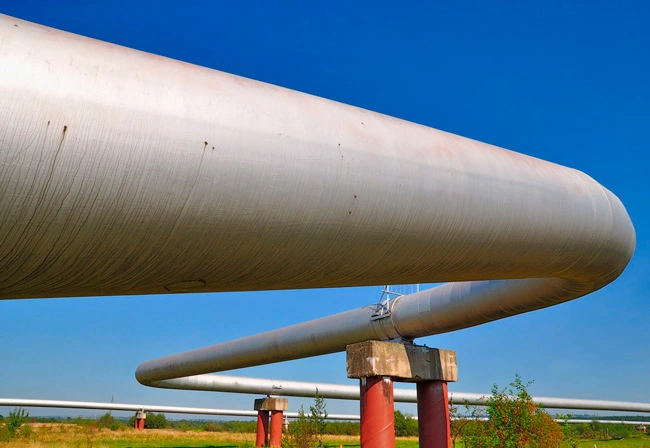At a Senate committee meeting, Rodolfo Saboia, ANP’s director-general, stated that Brazil can fulfill its natural gas requirements.
However, poor infrastructure blocks the gas from reaching consumers.
The Brazilian National Agency of Petroleum, Natural Gas and Biofuels (ANP) regulates Brazil’s oil sector. It operates under the Ministry of Mines and Energy.
Another issue is the oil companies’ practice of re-injecting gas into wells. This boosts oil output. Saboia said lack of pipelines promotes this re-injection.
On the topic of building pipelines, the ANP isn’t in charge. Saboia said it’s the government’s role to encourage such investments.
“If demand is there, investments will follow,” he explained.

In June, a spat erupted between Mines Minister Alexandre Silveira and Petrobras President Jean Paul Prates.
Silveira wanted the re-injected gas to go directly to industries. Prates argued that the gas is crucial for maintaining oil productivity.
The government is pondering a program called “Gas to Employ.” It’s still in the planning stage. Meanwhile, Petrobras is already investing in three gas distribution projects.
- Rota 3: A pipeline will carry gas from the Santos Basin to Polo Gaslub Itaboraí.
- Seap: This explores gas fields in the Sergipe-Alagoas Basin and builds a new pipeline.
- BM-C-33 involves pipeline construction from the Campos Basin to Polo GasLub and the Cabiúnas plant.
Rota 3 aims to operate by 2024, while the other two are planned for 2027. So, industries must wait four years for a notable gas supply increase.
Background
This situation reflects a broader trend in Brazil of resource abundance but infrastructural bottlenecks. Globally, the energy sector faces similar challenges.
For instance, the U.S. and Russia also have ample natural gas but have faced obstacles in distribution.
Moreover, the debate in Brazil mirrors a global discussion on how best to use natural gas. Many see it as a ‘bridge fuel’ toward renewable energy.
However, the lack of infrastructure can make even this transitional step inefficient.
Internationally, Brazil’s approach to natural gas could affect its trade relations. For example, sufficient domestic supply could reduce the need for imports.
Lastly, Brazil’s actions could hinder or promote this global transition as the world moves toward cleaner energy.

